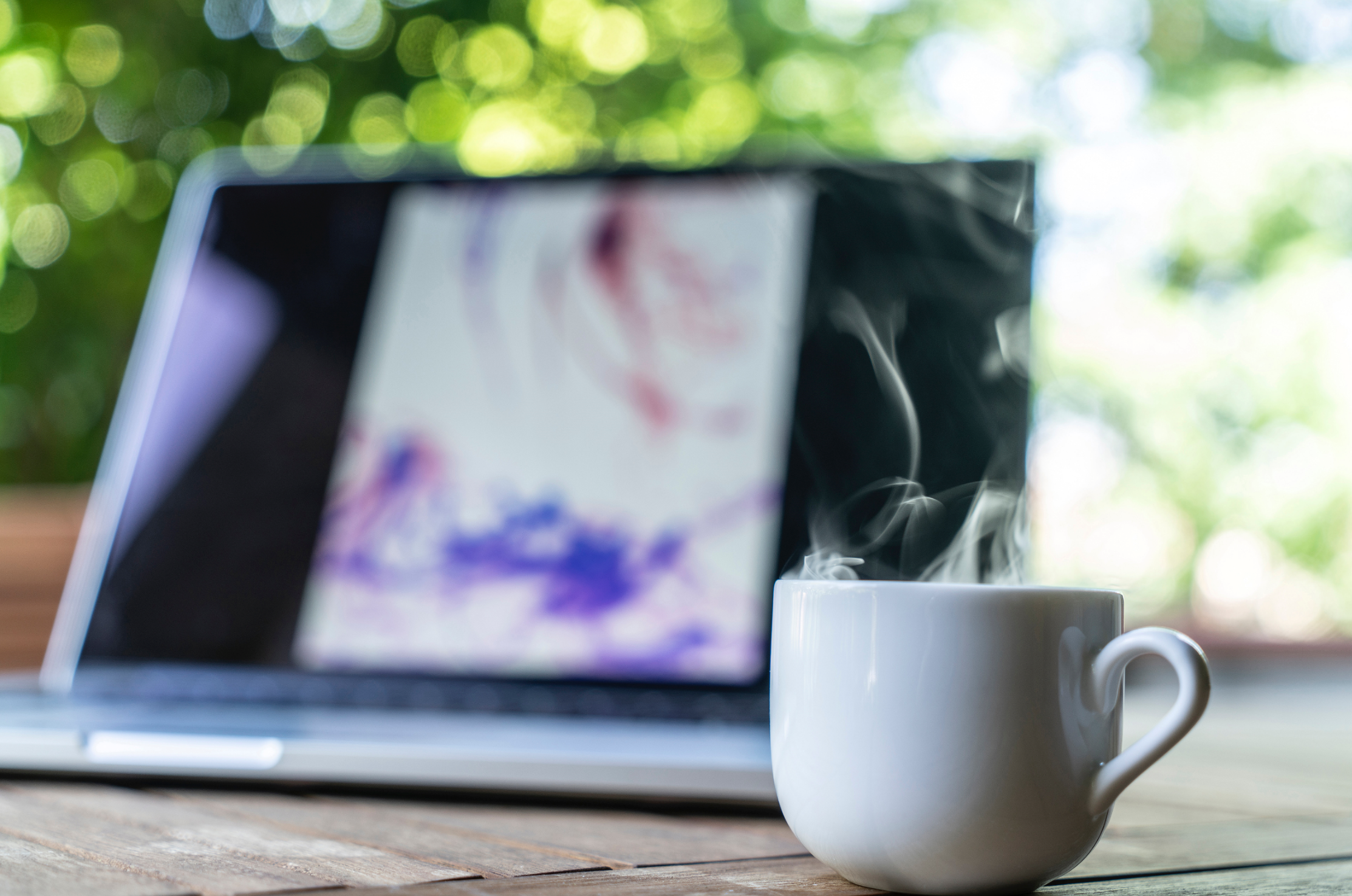
One of the biggest challenges of teaching from home during the COVID-19 pandemic is the inevitable integration of work and life, making it easy to work all day long.
However, working non-stop can have devastating effects on your physical and mental health, causing stress and burn out, and ultimately diminishing the quality of your work and your life.
Here are five ways to build self-care into your day and prevent work from taking over your life while you teach from home.
Create a morning routine
Similar to how you need to wind down before going to sleep, you also need to gradually ease yourself into your day. It’s tempting to reach for your smart phone first thing in the morning and check your email, but this means that your brain goes into work (and stress) mode as soon as you wake up, and this can set the tone for the rest of the day. Instead, create a personal morning routine that allows you to mentally, physically and emotionally get ready for the day – and wait until you officially start working before you check your email.
Take regular breaks throughout the day
It’s important for both the brain and the body to take breaks. This could be as simple as pausing to stretch, giving your eyes a break from the computer and looking out into the distance, making yourself a cup of tea, or just thinking about something other than work for a few minutes. Breaks will help you feel better physically and mentally, and might even improve your ability to focus. Looking for a way to remind yourself to take frequent breaks throughout the day? This article provides several options.
Eat in a different place than you work
Designate a working space in your home that is separate from your eating space. This is important for a few reasons: 1) It will force you to take a much needed midday lunch break, 2) It will offer you a nice change in scenery, and 3) You are more likely to enjoy your food, rather than eating mindlessly. Again, it’s important to break up your day, otherwise you end up working non-stop.
Stay connected to others
Working at home can be isolating, particularly if you are used to interacting with colleagues and students on campus throughout the day. If possible, schedule and conduct regular check-ins with colleagues (via email, phone, Zoom, or Skype for Business) and reach out for help when you need it. You can stay connected with your students through Piazza and through synchronous lecture and/or office hours using Collaborate Ultra. Finally, consider reaching out to friends and family – they also need connection and would love to hear from you.
Do something purely for yourself every night
Choose to step away from work (and from the news) and reward yourself for a hard day’s work each evening by doing something you enjoy, preferentially at a consistent time every day. Give yourself permission to watch or listen to something entertaining, read a fun book, go for a walk, exercise, cuddle with your pet, play a game, do some art, cook, bake, etc. Doing something you enjoy will also help you wind down so that you can get a good night’s sleep. You need to recharge your batteries, and your students will benefit because you will be more available for them the next day, both mentally and emotionally.
Looking for more ideas and support for practicing self-care during the COVID-19 pandemic? Here are some relevant links associated with the Botany and Zoology Wellness Initiative:
https://www.facebook.com/UBC-Departments-of-Botany-and-Zoology-Wellness-431425027651217/
https://www.botzooubcwellness.com/coronavirus-response
Are there any self-care strategies you use that I didn’t mention, or any experiences you’ve had using the tips listed above? Please share them in the comments below or send me an email. I’d love to hear them!
Hi Christine,
Timely article as we are all trying to create new routines. I just reactivated this free program called “Time Out” on my computer that forces me to take 15 sec micro-breaks every 10 minutes and a longer 10 minute break once every hour. The program puts up a picture or video that covers up what you were working on so you can take eye breaks or longer -get-up-and-stretch breaks.
Hi Jennifer – thank you for reading and for sharing the program tool you are using to make sure you take regular breaks! We definitely need those breaks throughout the day, whether they’re for our brain, eyes, or body, so thanks again for sharing your “Time Out” program.